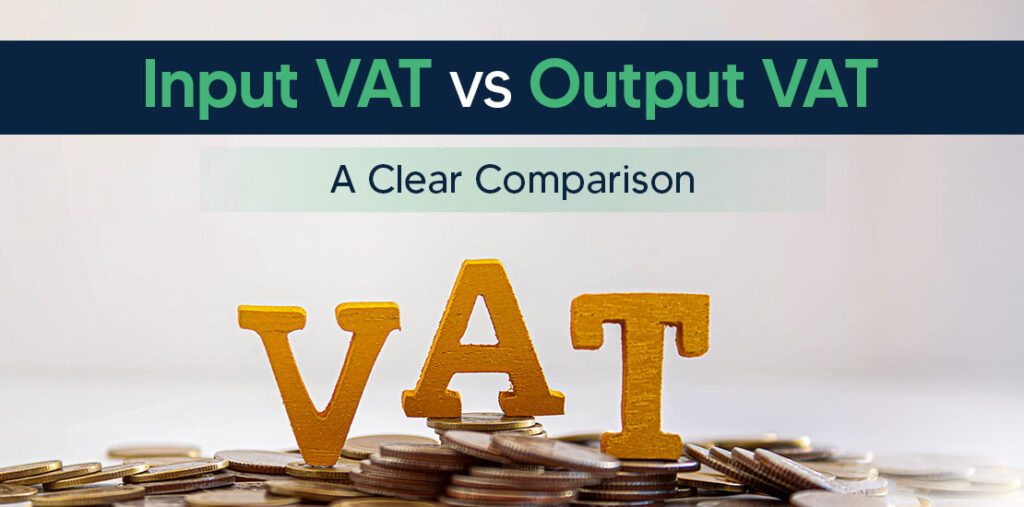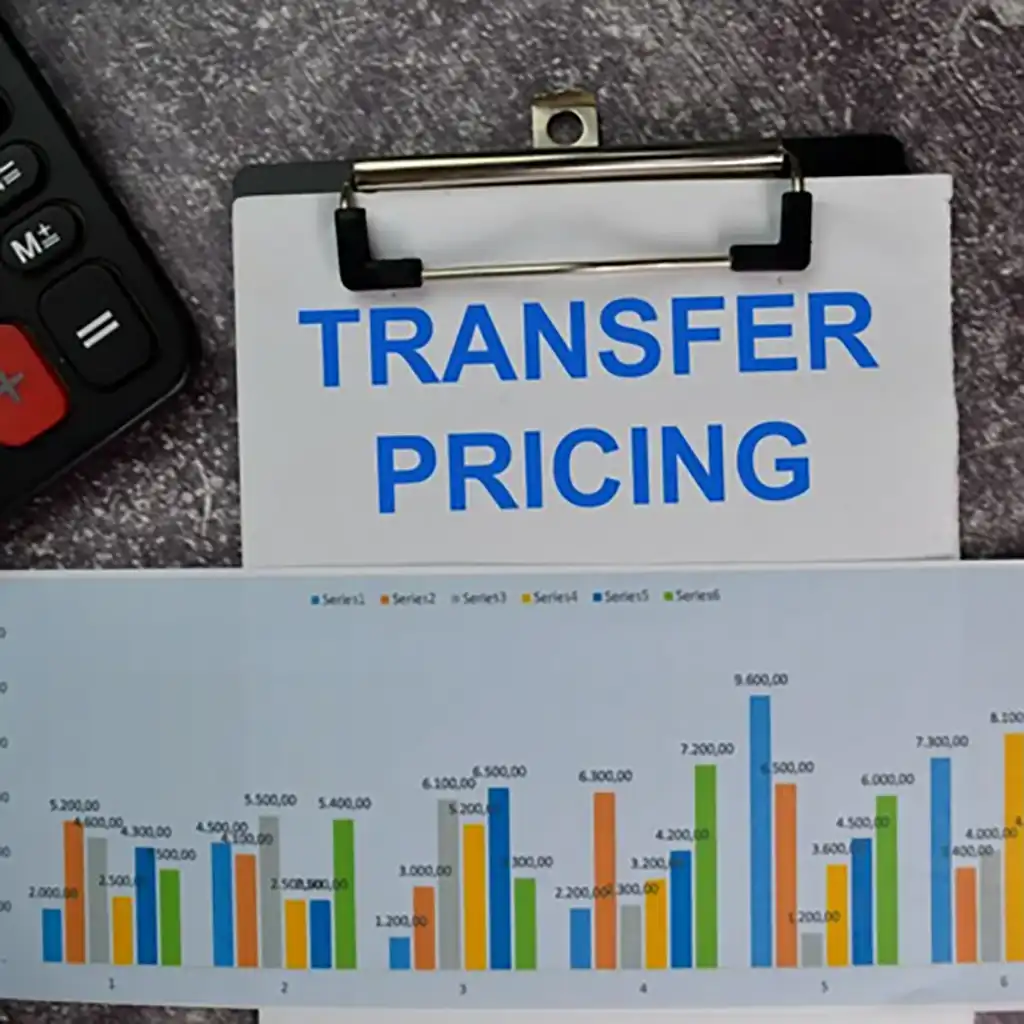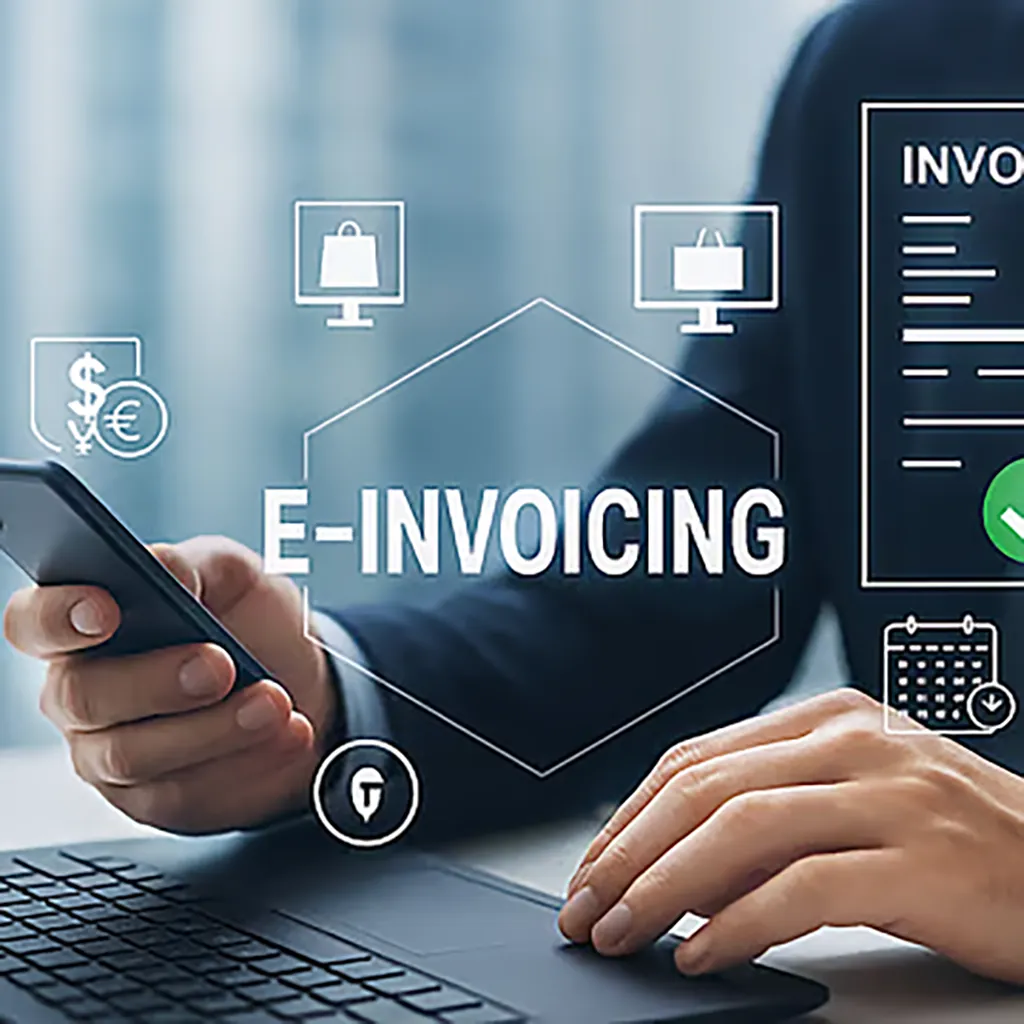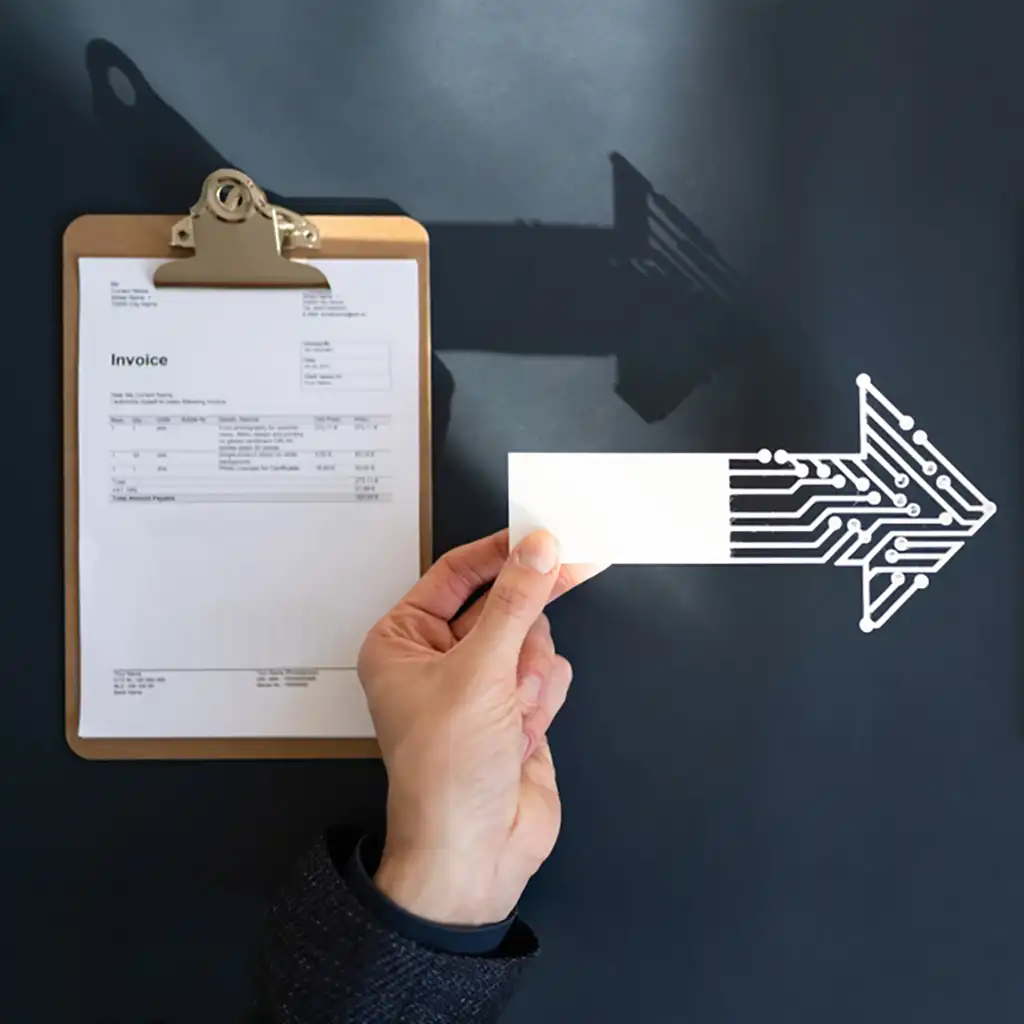Value Added Tax is now a permanent and closely monitored part of doing business in the UAE. Since VAT was introduced, regulatory authorities have placed strong emphasis on accurate reporting, timely submissions, and proper record keeping. Businesses that fail to meet VAT obligations often face penalties, audits, and reputational risks that can affect long-term growth.
Whether you are running a startup, managing an SME, or operating a large firm, understanding VAT filing is essential. This financial guide explains VAT filing step by step, highlights why accuracy matters, and shows how firms can stay compliant with confidence.
Introduction to VAT Filing
VAT filing is the process by which registered businesses report the tax they charge on sales and the tax they pay on eligible purchases. These details are submitted to the tax authority for a specific reporting period.
Once a business is registered, VAT returns must be filed regularly even if there is no VAT payable. Many firms struggle due to poor documentation, calculation errors, or misunderstanding of tax classifications. A structured VAT filing approach reduces compliance risks and improves financial clarity.
What is VAT and How Does It Work?
Value Added Tax is a consumption tax applied at different stages of the supply chain. Businesses charge VAT to customers on taxable goods and services and pay VAT to suppliers on business-related purchases.
The VAT paid on purchases can usually be claimed back, while VAT collected on sales must be reported and paid. The difference between the two determines whether a business pays VAT or receives a refund. VAT plays an important role in government revenue, which is why compliance requirements are enforced strictly.
Who Needs to File VAT Returns?
VAT filing applies to all businesses registered for VAT. Registration becomes mandatory when taxable turnover exceeds AED 375,000 within a twelve-month period. Businesses with turnover above AED 187,500 may opt for voluntary registration.
VAT obligations apply to mainland companies, free zone entities, and professional service providers. Once registered, VAT returns must be filed consistently regardless of whether the business generated sales during the period.
Why Accurate VAT Filing Matters for Businesses
Accurate VAT filing protects businesses from penalties, audits, and compliance issues. Incorrect or late VAT returns can trigger enforcement actions by the Federal Tax Authority, leading to financial strain and operational disruptions.
Errors in VAT reporting can also affect related compliance areas such as corporate Tax Filing in Dubai, where accurate financial records are essential. Businesses that maintain proper VAT compliance demonstrate credibility and professionalism to regulators, banks, and investors.
Understanding VAT Returns and Filing Periods
A VAT return summarizes VAT charged on sales and VAT paid on purchases for a defined period. Based on this summary, the return shows whether VAT is payable or refundable.
Most firms are required to file VAT returns quarterly, while some businesses file monthly depending on their registration profile. Filing frequency is assigned at the time of registration and must be followed consistently.
VAT returns are submitted through an online system, which simplifies the process but still requires careful review to avoid errors.
Step-by-Step Guide to VAT Filing
Step 1: Gather Required VAT Documents
Accurate VAT filing begins with proper documentation. Businesses must collect and organize:
- Sales invoices clearly showing VAT charged
- Purchase invoices and expense receipts
- Credit and debit notes
- Bank statements and payment records
Documents should be sorted by date and transaction type. Proper classification of taxable, zero-rated, and exempt supplies ensures accurate reporting and audit readiness.
Step 2: Calculate VAT Payable Correctly
VAT calculation includes two key elements:
- Output VAT charged to customers
- Input VAT paid on business expenses
VAT payable is calculated by subtracting input VAT from output VAT. If input VAT exceeds output VAT, the business may be eligible for a refund.
Care must be taken to exclude non-recoverable VAT and exempt supplies from calculations to avoid misreporting.
Step 3: Review VAT Payments and Adjustments
Before filing, all VAT transactions should be reviewed carefully. Confirm that VAT claimed on expenses is supported by valid invoices and allowed under regulations.
Adjustments related to credit notes, refunds, or bad debts must be reflected accurately. A detailed review reduces the risk of underreporting or overreporting VAT.
Step 4: Complete the VAT Return Form Online
After completing calculations, businesses can proceed with VAT Return Filing in UAE through the official online portal.
Ensure the correct filing period is selected and all figures match supporting documents. Errors at this stage often result in penalties or audit notices.
Step 5: Verify, Submit, and Pay Before the Deadline
Before submission, verify all figures and cross-check them against invoices and bank records. Save the confirmation receipt after submission.
VAT payments must be completed before the deadline to avoid late payment penalties. Even if no VAT is due, VAT Return Filing remains mandatory for registered firms.
Common VAT Filing Mistakes to Avoid
Many firms face penalties due to avoidable mistakes, including:
- Missing or incorrect invoices
- Miscalculating VAT payable or refundable
- Incorrect classification of exempt or zero-rated supplies
- Late submission or delayed payment
Avoiding these mistakes requires discipline, review, and timely action.
How to Correct Errors Using Voluntary Disclosure
If an error is discovered after submission, it must be corrected using voluntary disclosure. This process allows businesses to amend previously filed VAT returns.
Correcting errors early reduces penalty exposure and demonstrates responsible compliance.
How Digital Accounting Simplifies VAT Filing
Digital accounting systems automate VAT calculations, store invoices securely, and generate accurate reports. These tools reduce human error and improve consistency.
Businesses that use digital accounting are better prepared for audits and ongoing compliance requirements.
When to Hire a VAT Consultant
Professional support is recommended for firms with complex transactions, imports and exports, or limited in-house accounting expertise. Engaging specialists ensures Expert VAT Filing in UAE while reducing compliance risks.
Simplify VAT Filing with Alliance Prime
Alliance Prime Accounting and Tax Consultancy supports businesses with end-to-end VAT compliance solutions.
From VAT Registration Dubai to ongoing submissions, the firm provides reliable VAT Return Filing Services in Dubai, helping businesses remain compliant and focused on growth.
AI Overview
This guide explains VAT filing for UAE firms step by step, covering registration, calculations, common mistakes, and deadlines, while showing how expert support ensures accurate and compliant VAT returns.
FAQs
What are the steps for filing VAT returns in the UAE?
The steps include gathering invoices, calculating input and output VAT, completing the VAT return online, reviewing figures, and submitting the return with payment before the deadline.
How to file VAT returns step by step?
VAT returns are filed by organizing records, calculating VAT payable or refundable, submitting the return online, and paying any VAT due on time.
How to do a VAT return step by step?
To do a VAT return, collect invoices, calculate VAT on sales and purchases, complete the return form accurately, review all figures, and submit before the due date.
How do I register my company for VAT in the UAE?
You can register by creating an account on the tax authority’s online portal, submitting business details, and receiving a Tax Registration Number after approval.
Conclusion
VAT compliance is a fundamental responsibility for registered firms. Accurate filing protects businesses from penalties, audits, and reputational damage while ensuring financial transparency and stability.
For businesses seeking dependable support, Dos Hermanos Accounting Services provides professional VAT return filing support across Dubai, Abu Dhabi, Sharjah, Ajman, Ras Al Khaimah, and throughout the UAE.
With experienced professionals and up-to-date regulatory knowledge, Dos Hermanos ensures accurate filings and timely submissions. Connect with UAE corporate tax experts today and let VAT compliance become a strength rather than a challenge for your business.
Explore More Business & Tax Guides
- Small Business Relief Under the UAE Corporate Tax Explained: Who qualifies and how small businesses can benefit.
- UAE Issues New VAT Amendments Effective Jan 1, 2026: Key VAT changes and what businesses should prepare for.
- Common AML Compliance Mistakes and How to Avoid Them: Common errors and simple ways to stay compliant.
- Dubai Property Tax Explained: Key Facts, Regulations and More: Important property tax rules every owner should know.
- A Non-Resident Business Tax Compliance Guide for UAE: Tax obligations and compliance basics for non-resident businesses.






















